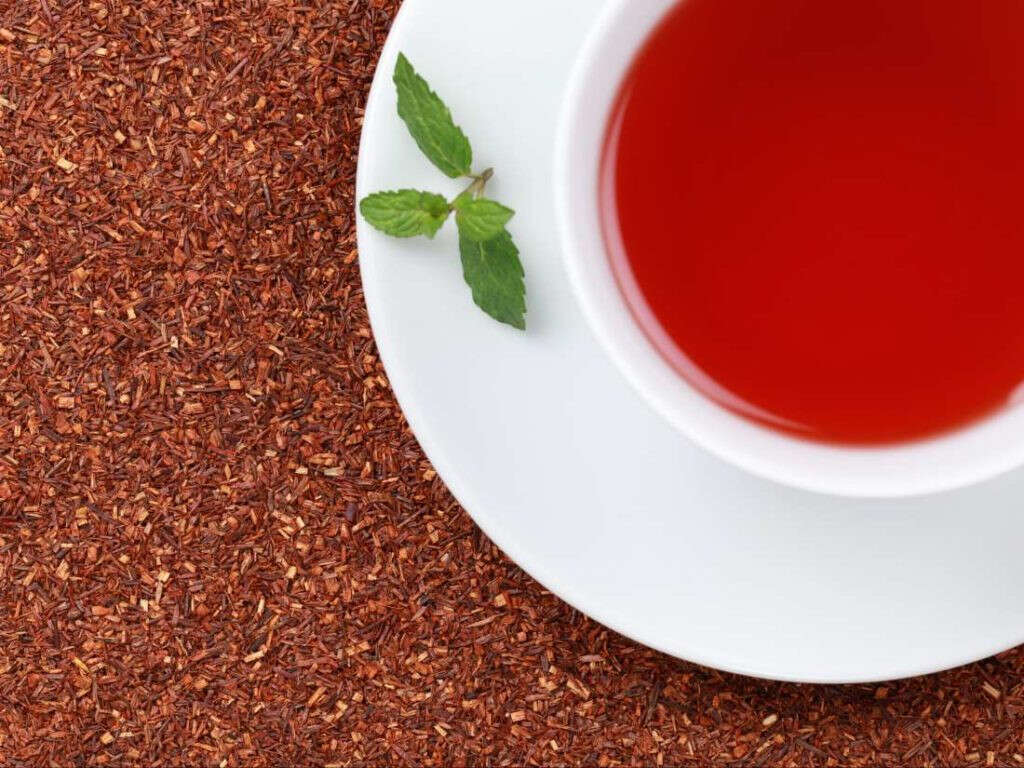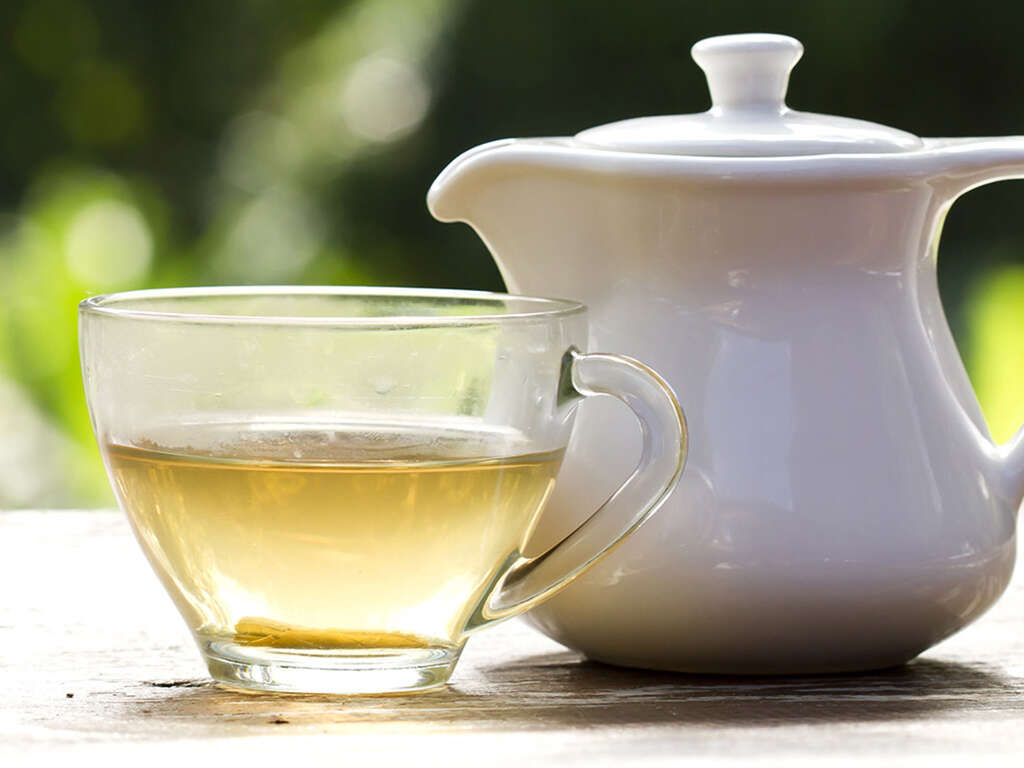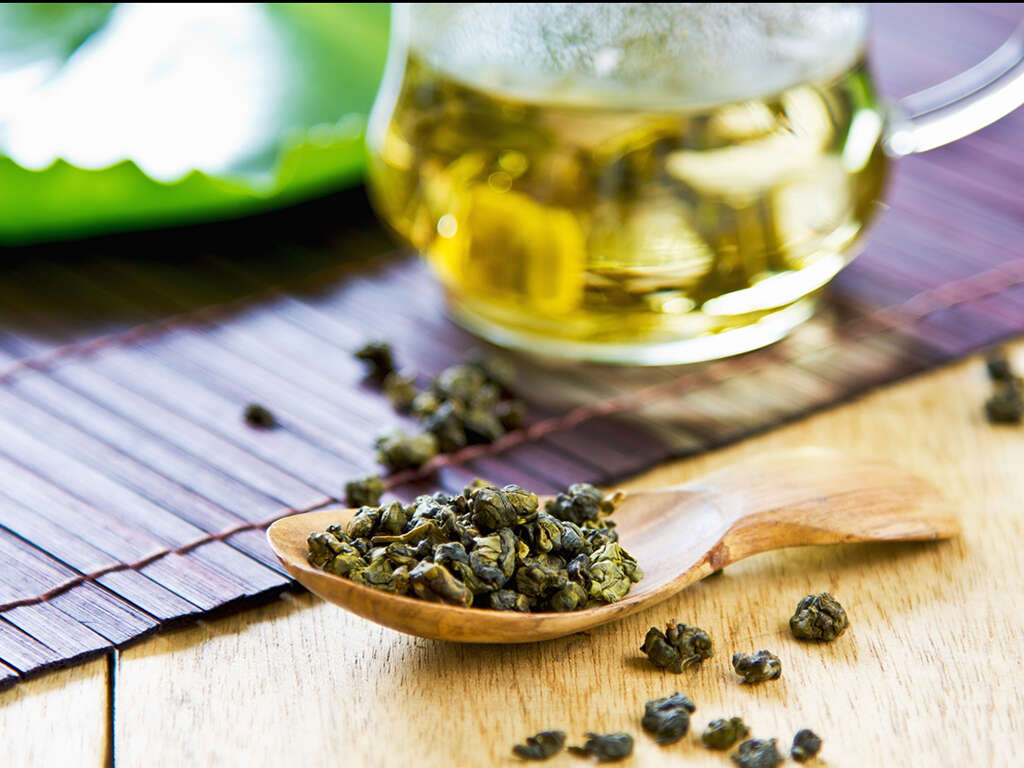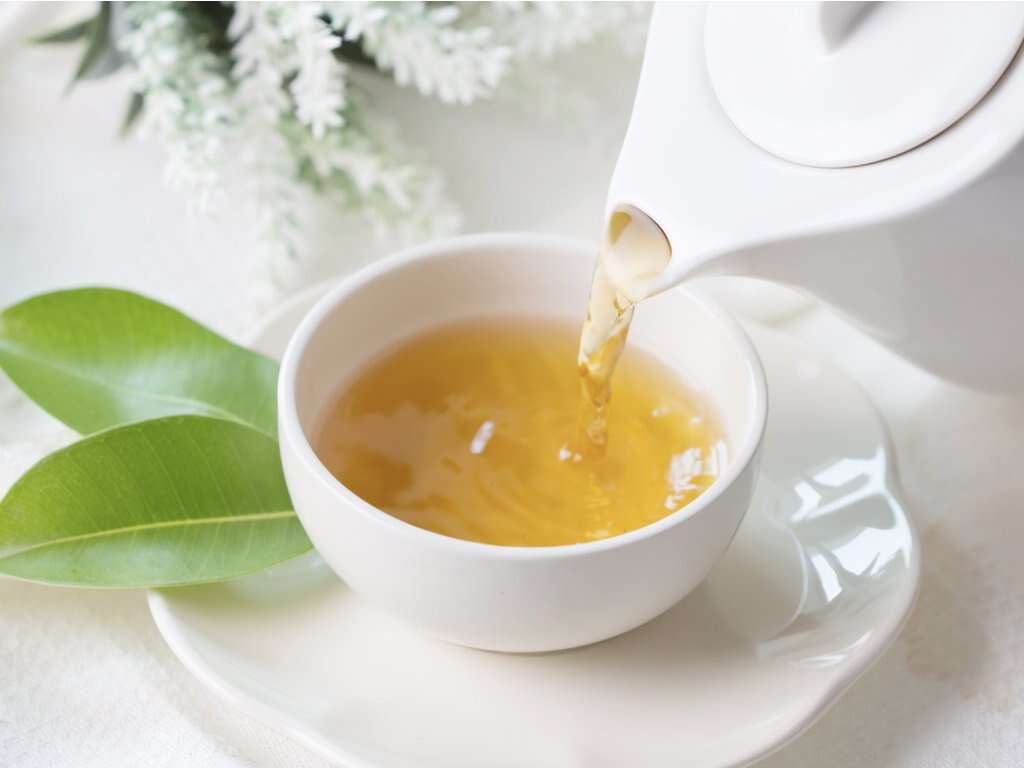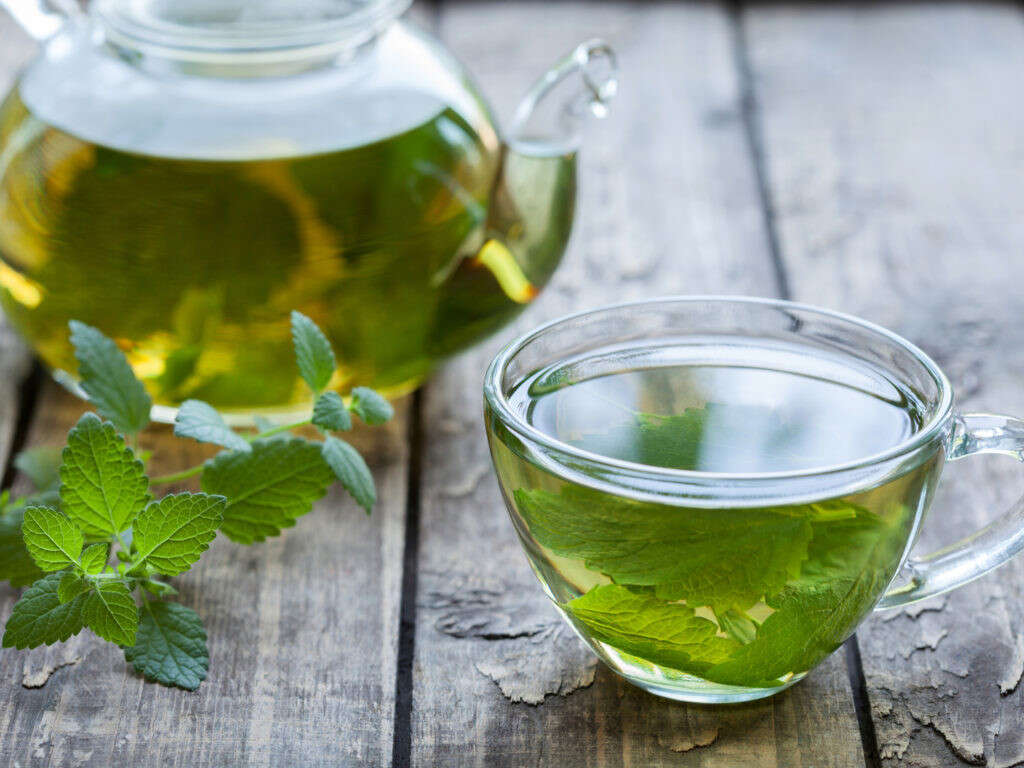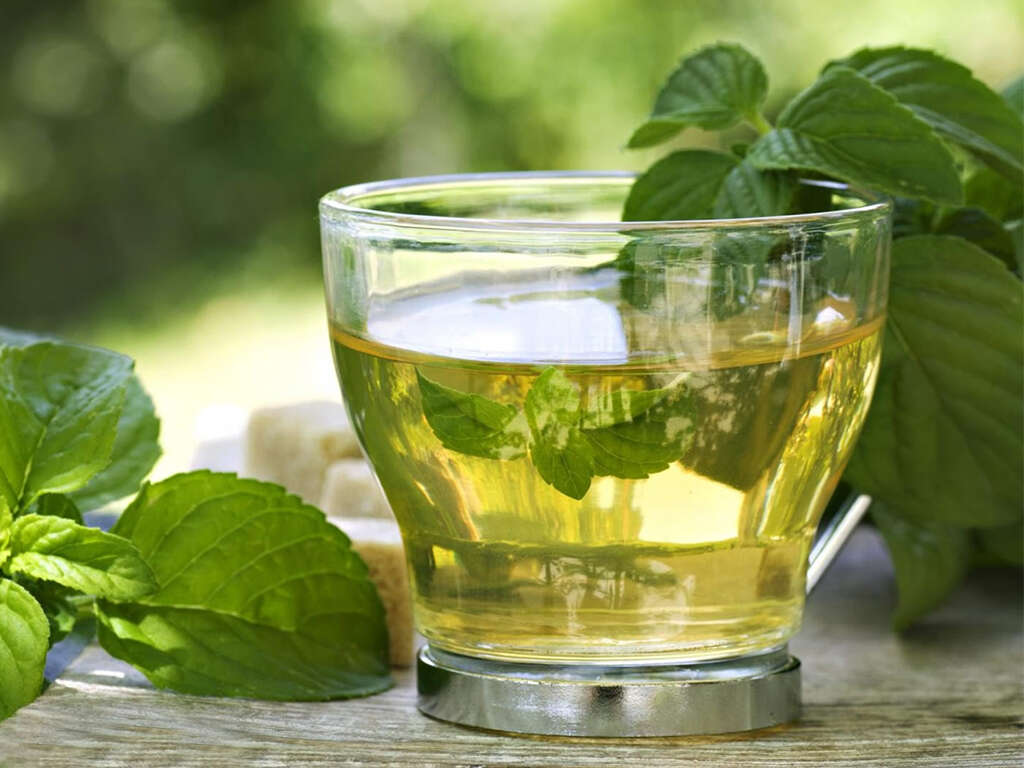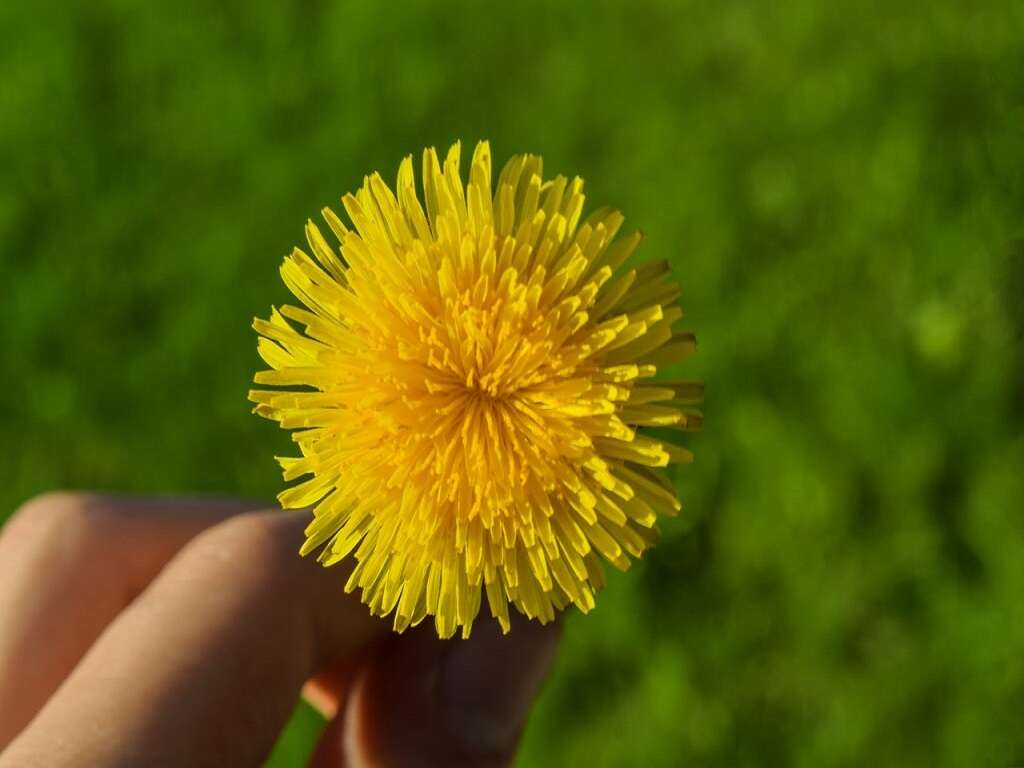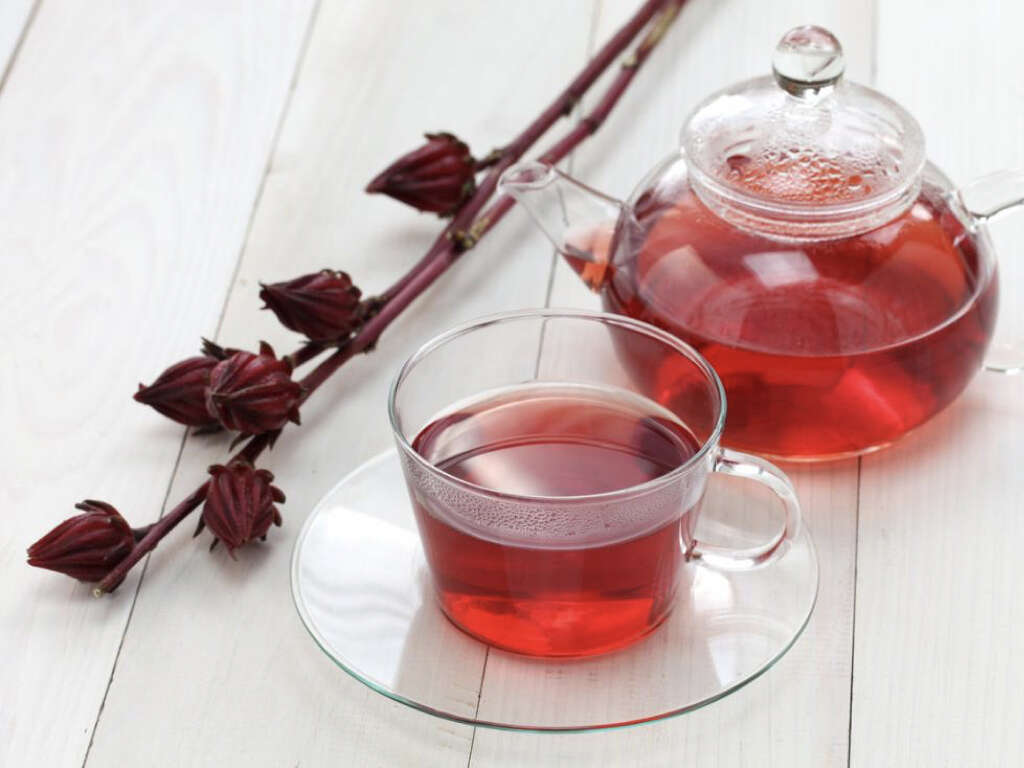10 Benefits of Chai Tea
 Article Sources
Article Sources
- 1. Hayat , Khizar, et al. 'Tea and Its Consumption: Benefits and Risks.' Critical Reviews in Food Science and Nutrition, U.S. National Library of Medicine, 2015, pubmed.ncbi.nlm.nih.gov/24915350/
- 2. Chai! - What is Chai?' Chai! Spice Milk Tea, www.chai-tea.org/whatisit.html
- 3. Khanum, Hafeeza, et al. 'Quality, Antioxidant Activity and Composition of Indian Black Teas.' Journal of Food Science and Technology, Springer India, 10 Mar. 2017, www.ncbi.nlm.nih.gov/pmc/articles/PMC5380613/
- 4. Ernst, E, and Pittler MH. 'Efficacy of Ginger for Nausea and Vomiting: a Systematic Review of Randomized Clinical Trials.' British Journal of Anaesthesia, U.S. National Library of Medicine, Mar. 2000, pubmed.ncbi.nlm.nih.gov/10793599/
- 5. Ginger .' Ginger - Health Encyclopedia - University of Rochester Medical Center, www.urmc.rochester.edu/encyclopedia/content.aspx?contenttypeid=19&contentid=Ginger
- 6. Rosalee. 'Health Benefits of Ginger.' HerbalRemediesAdvice.org, www.herbalremediesadvice.org/health-benefits-of-ginger.html
- 7. Harvard Health Publishing. 'Can Drinking Tea Prevent Dementia?' Harvard Health, July 2017, www.health.harvard.edu/alzheimers-and-dementia/regular-tea-drinking-linked-with-dementia-prevention
- 8. Cardamom Seed.' Baseline of Health Foundation, 30 May 2019, www.jonbarron.org/herbal-library/foods/cardamom-seed
- 9. Dhingra, Dinesh, and Amandeep Sharma. 'Antidepressant-like Activity of n-Hexane Extract of Nutmeg (Myristica Fragrans) Seeds in Mice.' Journal of Medicinal Food, U.S. National Library of Medicine, 2006, pubmed.ncbi.nlm.nih.gov/16579733/
- 10. Cortés-Rojas, Diego Francisco, et al. 'Clove (Syzygium Aromaticum): a Precious Spice.'Asian Pacific Journal of Tropical Biomedicine, Asian Pacific Tropical Medicine Press, Feb. 2014, www.ncbi.nlm.nih.gov/pmc/articles/PMC3819475/
Chai is a Hindu word for tea that originated from cha, a Chinese translation for tea. Chai tea has been used by beverage lovers throughout the globe and is the second consumed liquid after water.1Hayat , Khizar, et al. ‘Tea and Its Consumption: Benefits and Risks.’ Critical Reviews in Food Science and Nutrition, U.S. National Library of Medicine, 2015, pubmed.ncbi.nlm.nih.gov/24915350/ This century-old beverage is prepared using various ingredients, including milk, sweetener and rich black tea.
Spices, including ginger, cinnamon, black pepper and cardamom, are often added to the tea to create its characteristic flavor. In the modern world, chai tea experts have improved flavors, including milkshakes and chocolate chai, to create new taste experiences.2Chai! - What is Chai?’ Chai! Spice Milk Tea, www.chai-tea.org/whatisit.html Apart from being sweet and and spicy, chai tea comes with possible health benefits.

Antioxidant Features
Tea has antioxidants that protect body cells from destruction by free radicals, which arise from oxidative stress. Free radicals are compounds that stem from chemicals in foods and pollutants from the surrounding environment. These antioxidants are known to help prevent common diseases such as cancer and heart disease. Research studies found that tea plants have natural antioxidants called polyphenols.
The antioxidants have a positive impact on biochemical processes in the body by helping to reduce inflammation.3Khanum, Hafeeza, et al. ‘Quality, Antioxidant Activity and Composition of Indian Black Teas.’ Journal of Food Science and Technology, Springer India, 10 Mar. 2017, www.ncbi.nlm.nih.gov/pmc/articles/PMC5380613/ Stress from free radicals has been linked to a number of chronic conditions, which tea can potentially prevent.
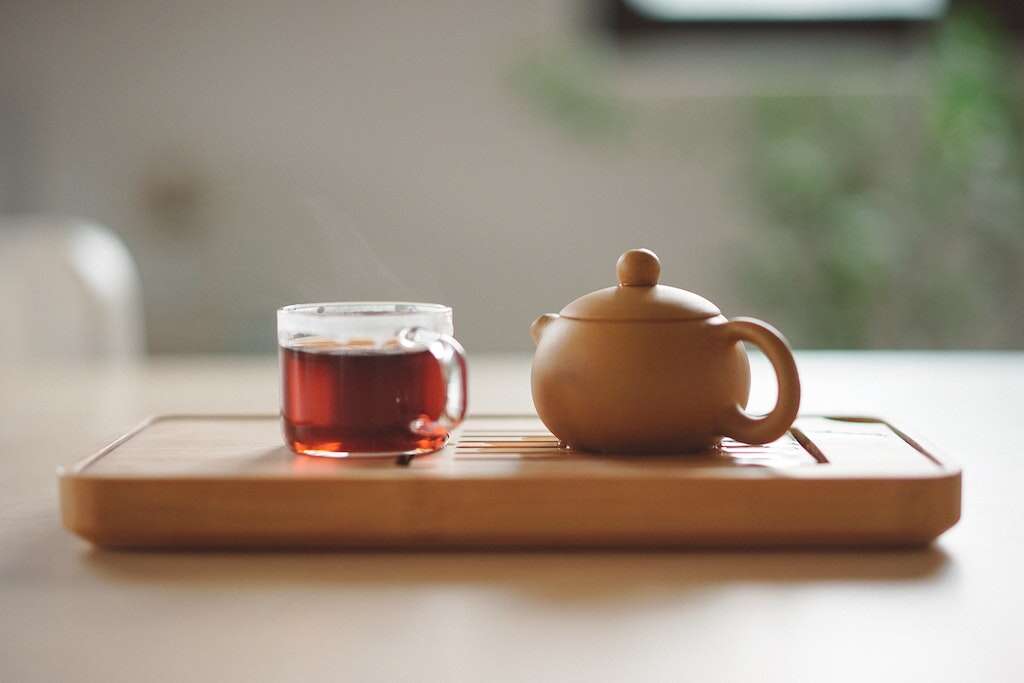
Reduces Nausea
Chai tea typically contains ginger, also known as Zingiber officinale, which boosts the flavor and aroma of the tea. Other than improving the quality of taste, recently conducted studies have found new uses for ginger. In some tests, the herb is considered more effective than a placebo in preventing nausea and vomiting.4Ernst, E, and Pittler MH. ‘Efficacy of Ginger for Nausea and Vomiting: a Systematic Review of Randomized Clinical Trials.’ British Journal of Anaesthesia, U.S. National Library of Medicine, Mar. 2000, pubmed.ncbi.nlm.nih.gov/10793599/
Ginger's health uses include managing nausea arising from pregnancy and relief from mild gastrointestinal infections and vertigo. It may also work to prevent nausea after surgery and vomiting from chemotherapy.5Ginger .’ Ginger - Health Encyclopedia - University of Rochester Medical Center, www.urmc.rochester.edu/encyclopedia/content.aspx?contenttypeid=19&contentid=Ginger

Relief from Digestive Problems
While preparing their tea, chai lovers can add more ginger root while tea is still cooking or opt for ground ginger. The chemical components of ginger can help avert conditions such as constipation, bloating, and gas.6Rosalee. ‘Health Benefits of Ginger.’ HerbalRemediesAdvice.org, www.herbalremediesadvice.org/health-benefits-of-ginger.html Chai tea with extra ginger could further assist individuals experiencing stomach pains.
Black pepper also assists in the digestion process by stimulating hydrochloric acid production in the stomach. This can help with digesting heavy foods, including proteins.
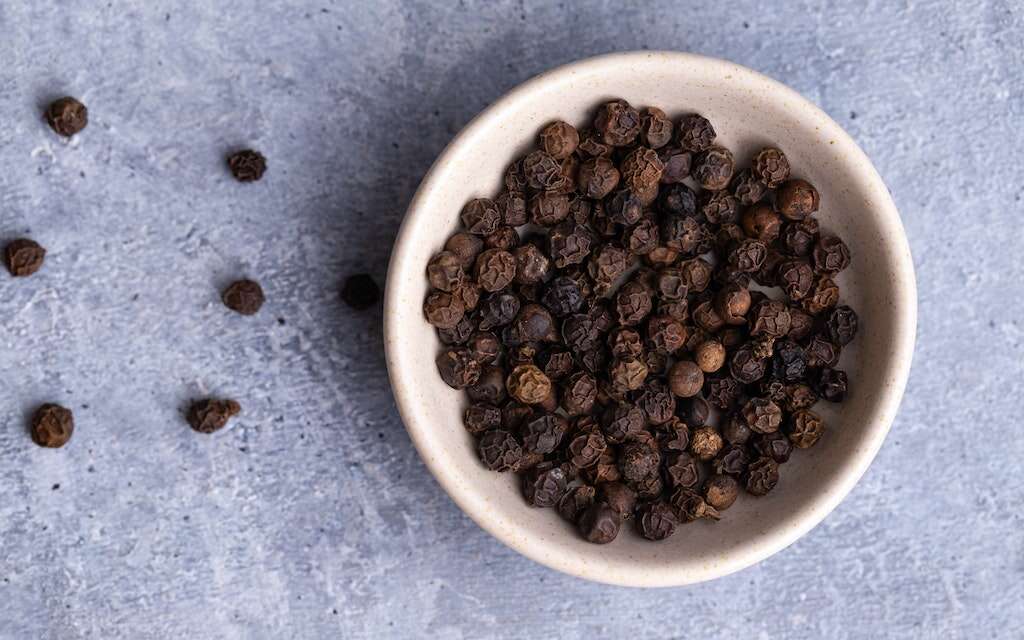
Brain Health Protection
Studies of tea consumption may show a possible link between reduced risk of brain diseases, including Alzheimer's and Parkinson's disease. These diseases not only substantially reduce the quality of life of individuals but affect their families as well.
Adding a cup or two of chai tea to their daily routine could be beneficial to individuals at higher risks to developing Alzheimer's disease.7Harvard Health Publishing. ‘Can Drinking Tea Prevent Dementia?’ Harvard Health, July 2017, www.health.harvard.edu/alzheimers-and-dementia/regular-tea-drinking-linked-with-dementia-prevention Additionally, regularly consuming tea could help lower the risk of Parkinson's disease.

Weight Loss Capabilities
Nutritionists recommend keeping optimal body weight at BMI, which may be a struggle for some people. The modern trend of consuming large quantities of foods high in calories may be to blame. Workout sessions can be tiring and time-consuming and still not lead to weight reduction unless combined with a balanced diet.
One simple solution is regularly drinking a combination of black and chai tea. Substituting tea for sodas and alcoholic beverages can help with consuming fewer calories, which may lead to weight loss.

Acts as a Detoxifier
Individuals concerned about liver function may want to drink cardamom-spiced chai tea to lower the risk of liver problems caused by toxic substances, such as alcohol. Apart from boosting the chai tea's flavor, cardamom is beneficial to the digestive system since it helps detoxify the liver.
Cardamom is an all-purpose spice with a host of possible benefits, including relief from the pain and symptoms of some tooth disorders. It may also be effective in managing kidney diseases as well as urinary issues, including incontinence.8Cardamom Seed.’ Baseline of Health Foundation, 30 May 2019, www.jonbarron.org/herbal-library/foods/cardamom-seed
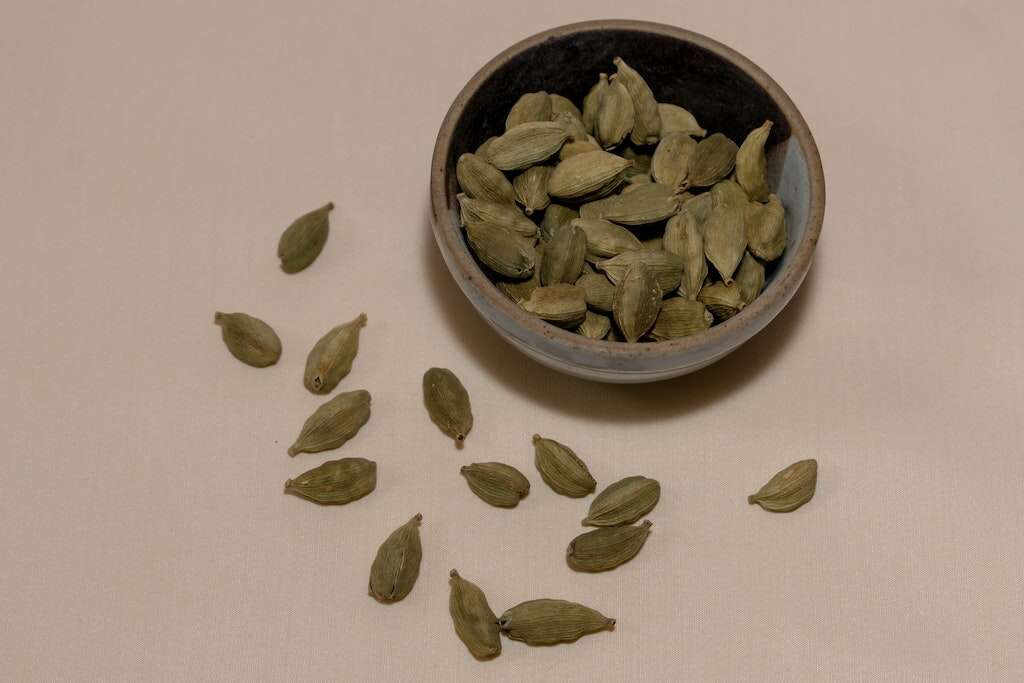
Good for Relieving Stress
Stressful situations occur can daily, and individuals with poor coping strategies may suffer from mental health and chronic health problems. Nutmeg is an ingredient found in some chai tea preparations, and a potential stress reliever.
Research recently done on mice found that nutmeg may trigger an antidepressant effect on body systems that may have a positive impact on dopamine and serotonin levels.9Dhingra, Dinesh, and Amandeep Sharma. ‘Antidepressant-like Activity of n-Hexane Extract of Nutmeg (Myristica Fragrans) Seeds in Mice.’ Journal of Medicinal Food, U.S. National Library of Medicine, 2006, pubmed.ncbi.nlm.nih.gov/16579733/ People prone to stress may want to stop by a cafe or prepare a cup of tea to retrieve their feel-good effect.

Improves Bone Health
Chai tea contains black tea that may be a key player in promoting the bone health of humans. Black tea is extracted from Camellia Sinensis, a plant that's also used to prepare oolong, green and white teas, and thought to help upgrade the mineral density of bones.
Mineral density is pivotal for safeguarding bones against diseases like osteoporosis, which usually affects elderly individuals. According to some research studies, people who drink black tea with chai flavorings may be less prone to a rheumatoid arthritis diagnosis.

Antibacterial and Antifungal Features
Chai tea possesses antifungal and antibacterial features that arise from its added spices, including cloves, cinnamon, mint and mustard. Clove is one ingredient with natural antifungal and antibacterial components.10Cortés-Rojas, Diego Francisco, et al. ‘Clove (Syzygium Aromaticum): a Precious Spice.’Asian Pacific Journal of Tropical Biomedicine, Asian Pacific Tropical Medicine Press, Feb. 2014, www.ncbi.nlm.nih.gov/pmc/articles/PMC3819475/ Additionally, clove has been tested for its antiviral capabilities, specifically against the herpes virus.
Chai tea lovers may benefit from the antibacterial compounds found in ginger used in this tea. Ginger has shown positive results in its ability to help fight many types of bacteria.
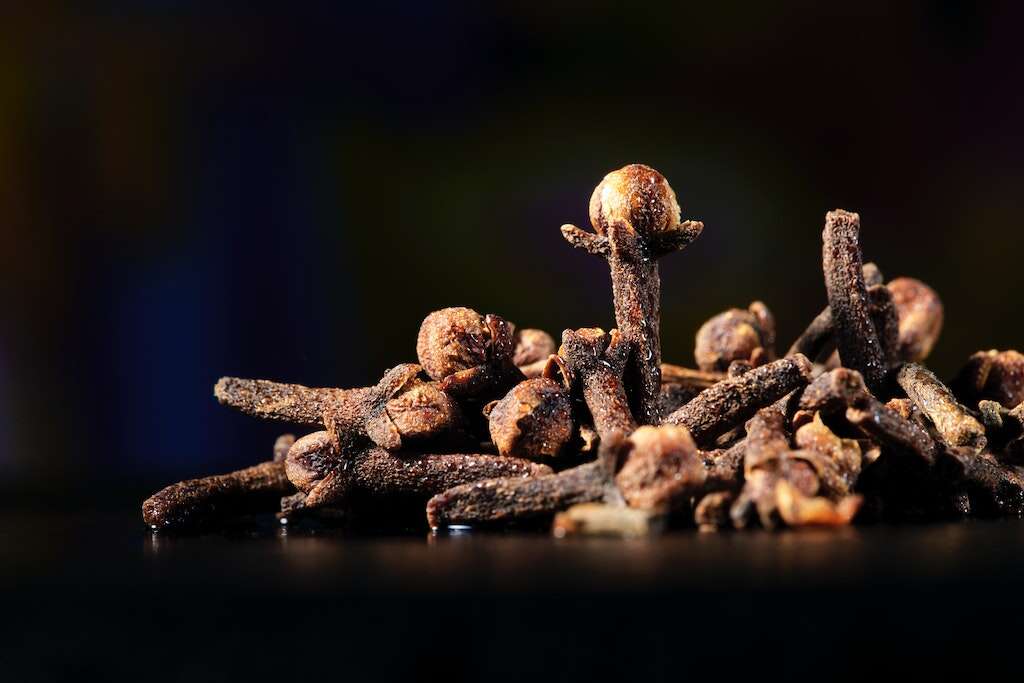
Assists in Cramp Pain Minimization
Women can take chai tea to minimize the pains associated with menstrual cramps, in part due to its flavor ingredients, including ginger. Ginger can be used as a remedy for reducing menstrual pains because it contains salicylates and other compounds with pain-relieving qualities.
Fennel can also be used to manage pain arising from cramps. In addition to all its other benefits, sipping a soothing mug of chai tea flavored with ginger and fennel offers a much needed stress break.



